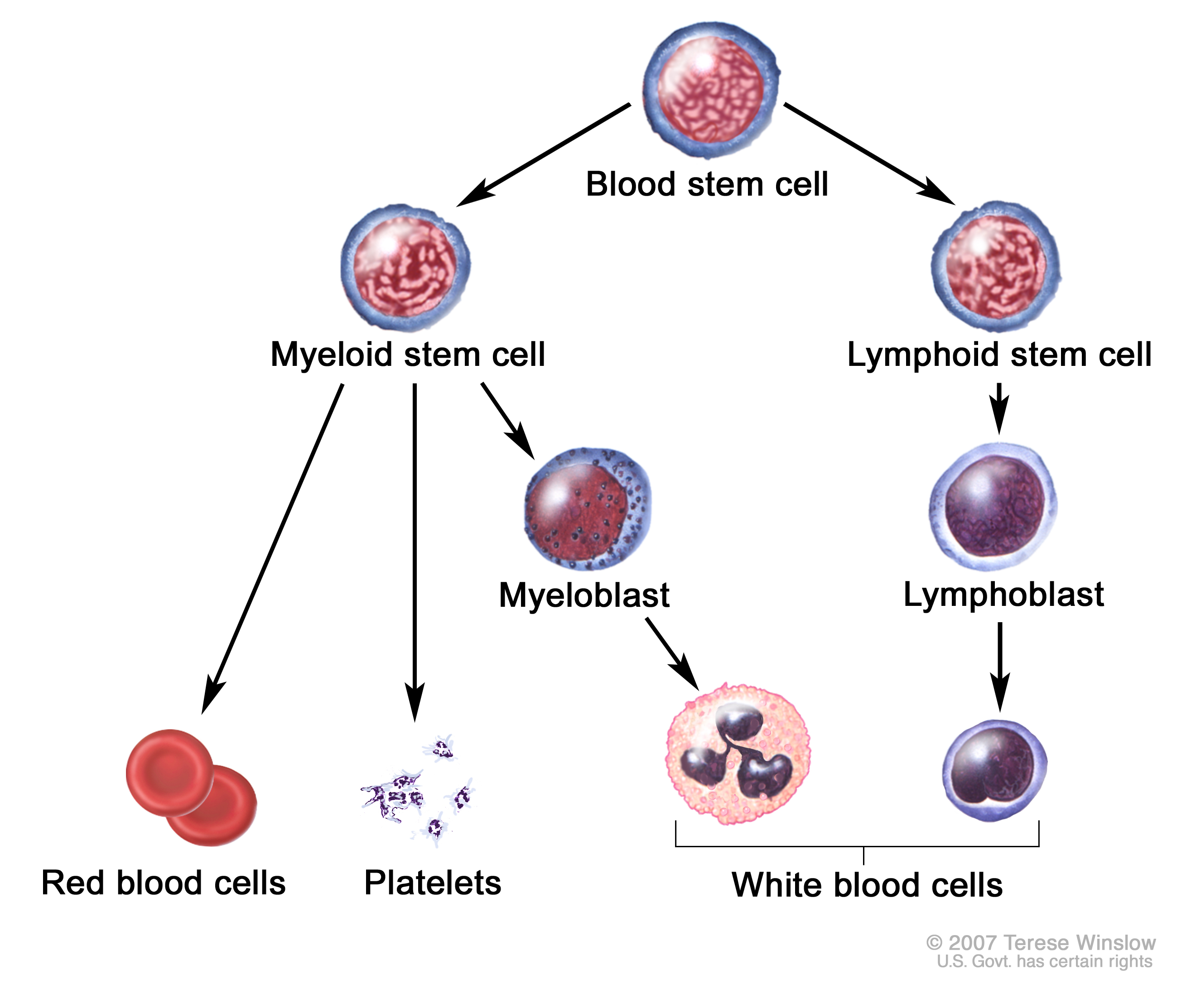Biomarkers Identified to Predict Severe Adverse Effects of Stem Cell Transplants
Researchers have discovered specific biomarkers that can effectively anticipate the occurrence of severe adverse effects in patients undergoing stem cell transplantation, according to a recent study. This breakthrough finding holds promise for improving patient safety and treatment outcomes in the field of stem cell therapy.The study, conducted by a team of scientists, aimed to identify risk biomarkers that could serve as early indicators of potential complications following stem cell transplantation. By analyzing a large dataset of patients who had undergone the procedure, the researchers successfully identified several biomarkers strongly associated with severe adverse effects.
Stem cell transplantation is a medical procedure commonly used to treat various conditions, including certain cancers and blood disorders. While it can be a life-saving treatment option, there is a risk of serious complications, such as graft-versus-host disease (GVHD) and organ toxicity. Identifying biomarkers that can predict the likelihood of these complications occurring would significantly benefit both patients and healthcare providers.
The researchers employed advanced molecular techniques and data analysis to examine a wide range of biomarkers in the patients' blood samples. By comparing the biomarker profiles of patients who experienced severe adverse effects with those who did not, the team identified key biomarkers that showed a consistent correlation with the occurrence of complications.
These newly identified biomarkers offer potential for early intervention and personalized treatment approaches. With this knowledge, physicians could proactively monitor patients with high-risk biomarker profiles and take preventive measures to mitigate the occurrence and severity of adverse effects. This tailored approach would greatly enhance patient care and overall treatment outcomes.
Additionally, the study's findings have implications for optimizing the selection and eligibility criteria for stem cell transplantation. By considering a patient's biomarker profile before proceeding with the procedure, healthcare professionals can make more informed decisions about the feasibility and potential risks associated with the treatment.
While further research is necessary to validate and refine the findings, this study represents a significant step towards improving patient safety in stem cell transplantation. By harnessing the power of biomarkers, medical professionals can enhance risk assessment and develop targeted interventions, ultimately revolutionizing the field of stem cell therapy.
In conclusion, the discovery of biomarkers capable of predicting severe adverse effects in stem cell transplantation patients holds tremendous promise for advancing personalized medicine and optimizing treatment outcomes. By leveraging these findings, healthcare providers can proactively manage risks, tailor treatment plans, and ultimately improve patient care in this rapidly evolving field.

Post a Comment